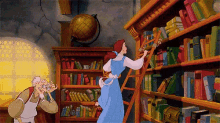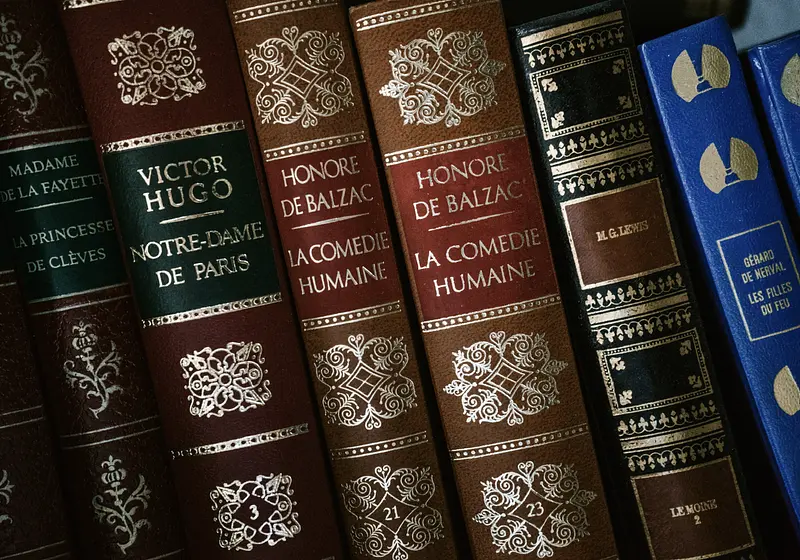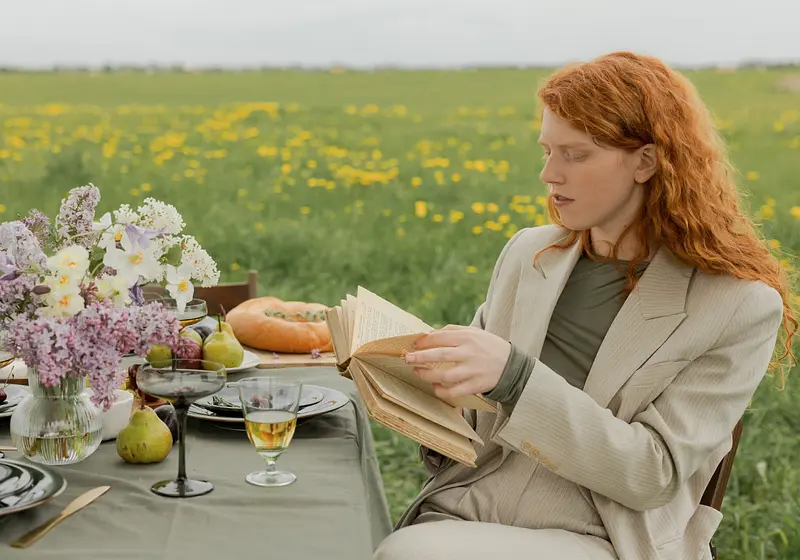Little Women, To Kill a Mockingbird, The Great Gatsby, The Catcher in the Rye, and others are all examples of classic literature that most of us have been encouraged to read by parents and teachers. Many of “the classics” have been awarded the highest literary honors and are considered to be some of the best storytelling in history. But they seem to be fading, as schools are teaching these beloved stories less and less in exchange for more contemporary works.
So why are these books going out of style? And are they worth reading?
Let us slide into your dms 🥰
Get notified of top trending articles like this one every week! (we won't spam you)What’s So Special About The Classics?
First, let’s explore common themes in the classics. Several of these stories fit into the coming-of-age genre, like Gone With the Wind and Adventures of Huckleberry Finn, meaning they tackle themes of growing up and maturing into the world, and the struggles of certain age groups.
Other common themes confronted topics that many mainstream authors of the day were afraid to write about. Little Women is an example of classic literature that was considered revolutionary when it was published, as it celebrated uniqueness and individuality among women in a time where women were often reduced to housewives. Another example is To Kill a Mockingbird, which explores themes of racism in the South during an era of extreme segregation and discrimination.
The classics are also known for featuring distinctive writing styles, so not only were the topics often taboo, but the writing style was different compared to works of that time. The books frequently changed the way people wrote and thought during their time of publishing, and played a helping hand in how we write and think today.

Take the Quiz: Which Harry Potter Character Are You?
Find out which character matches your personality!
Why Are Schools Moving Away From Them?
Most of what is considered classic literature was written over fifty years ago. This means the books can be hard to read, because of complicated language or style. Moby [censored], to name one, is known to contain many rambles that can make it confusing and difficult to understand at times.
Speaking of language, a lot of these books contain words - especially slurs - that are not as commonly spoken as they once were, and because the books are oftentimes written by authors who are not the victims of these words, they can come across as more derogatory than intended. For example, while Adventures of Huckleberry Finn is considered to be strongly anti-racist for its time, it contains regular use of the n-word in a negative sense despite being written by a white author.
Perhaps one of the main reasons why the classics are being phased out is that the authors are primarily white, so despite the various stories, they are all being told from a singular perspective and schools are looking for more diversity in authorship. Classic literature is often being exchanged for books written by authors who can more accurately describe their experiences.
Are The Books Still Worth Reading?
Nevertheless, should we still read these books? Generally speaking, I believe the answer is yes. There is value in reading and celebrating the classics.
Schools are shifting away from them because of their outdated views, uses of offensive language, and other obvious issues such as racial stereotyping and lack of LGBTQ diversity, to name a few. But there is a reason these books were celebrated and became classic literature in the first place.
We should be able to acknowledge certain language uses, uniformity in authors’ identity, and perhaps historical inaccuracy in these books, but also that they frequently revolutionized the way books were written and how people thought. Understandably, many people are sensitive to language or an outdated way of thinking, which is important to acknowledge, as it reminds us why certain words or thoughts are unacceptable today.
There is a place for both the classics and contemporary literature in school curriculums. Why not compare and contrast them? Why not have a unit on the classics and then a unit on contemporary works?
We don’t necessarily have to look to the classics for historical accuracy - although many of them do accurately portray certain time periods - but we should value them for what they represented at the time they were written, and what lessons have stood the test of time (and what haven’t). Most of these books are incredibly well written and offer a window into the way that authors wrote back in a day and age that is long gone. There is something to be learned from that.
If schools don’t cover the classics as part of the curriculum students could be required to read a few of them over the summer. Maybe schools could provide a list to pick from, and the goal would be more of a history lesson: learning how things were written and what it tells us about that moment in time. Further, for students interested in literature or writing, skipping out on reading the classics puts them at a disadvantage on many levels.
There are many references to these books in pop culture, history, movies, and beyond, and there is much to be gained by going back in time and reminding ourselves of where we are today in relation to where we were. Finally, these books offer some of the best storytelling and it would be a shame for avid readers to miss these stories.












